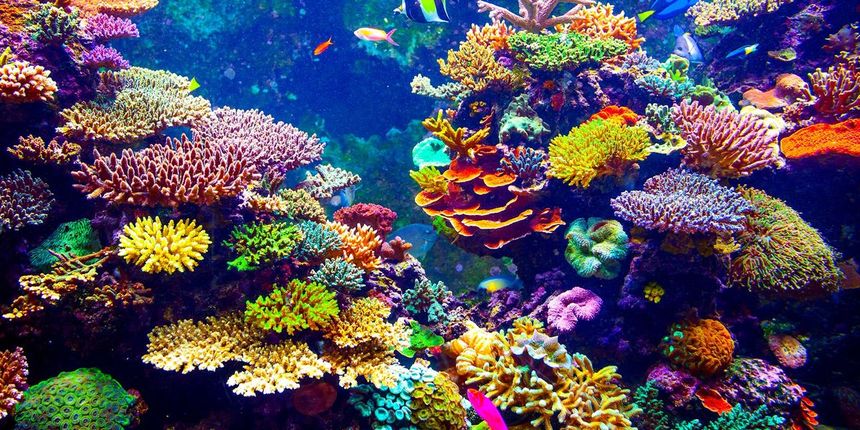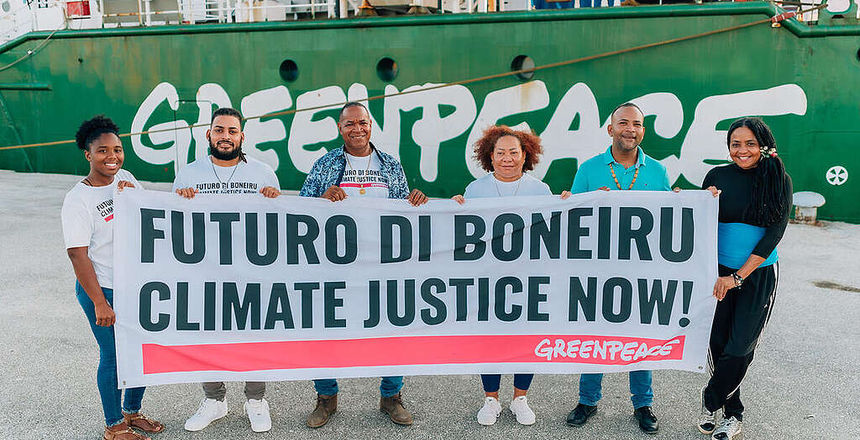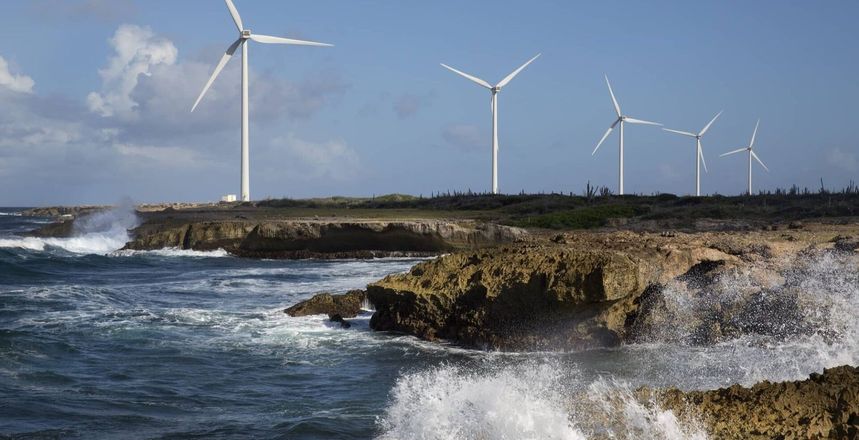News Projects Social Improvement
2 min.
Not counting the years that were heavily hit by the COVID-19 pandemic, annual reef-related tourism in the entire Caribbean region is valued at about $8 billion. That’s billion, by the way, and it represents around 25% of all income from tourism in the region. Located in the very heart of the Caribbean, the islands of the Caribbean Netherlands are naturally included in this figure, which explains why we at Future Islands have covered the importance of marine reefs in the region on more than a few occasions, and not just from an environmental point of view. The Dutch Caribbean’s natural beauty is one of its main attractions and therefore plays an important economic role as well. Reef-associated tourism, such as diving and other types of excursions, is extremely valuable to the Dutch Caribbean islands, and the recently published “Guide to Coral Reef Restoration for the Tourism Sector” by the United Nations and various partners aims to extract that value for local economies in a responsible and sustainable way.
Introducing the Guide
“Increased interest in sustainable travel has revealed a window of opportunity for the tourism industry and the conservation community to work together to implement coral reef conservation that addresses both the coral crisis and COVID-19 recovery”.
That’s what the new Guide to Coral Reef Restoration for the Tourism Sector opens with and it immediately defines why it was created (you can find the complete guide here). The project is the result of a large-scale collaboration between the UN Environment Programme, The Nature Conservancy Caribbean, the Caribbean Hotel & Tourism Association, the United Nations Decade on Ecosystem Restoration 2021-2030 initiative, the Caribbean Environment Programme, and the Gouvernement Princier of Monaco. More specifically, the guide identifies certain barriers that have existed until now with regard to the Caribbean region’s ability to conserve those same unique marine environments that bring in millions of tourists every year.
“[The previously mentioned parties] developed these new guidelines because we recognized that the tourism sector has an excellent opportunity to amplify coral conservation”, explains Ximena Escovar-Fadul, The Nature Conservancy’s Senior Associate, Ocean Planning and Mapping, “In response to the coral reef crisis, there has been a shift on the part of tourism businesses and consumers toward more sustainable travel options. Beyond this ‘do no harm’ mindset, there is an increasing interest in travel activities that can proactively help nature. For example, travelers want to know how they can offset their carbon emissions or take part in restoring the environments that bring them joy when visiting a destination, like coral reefs”.
What does it mean for the Caribbean Netherlands?
The guide is the result of months and months of surveys and discussions with experts and Caribbean tourism industry stakeholders, including representatives from the Dutch Caribbean Netherlands. Coral reefs are delicate ecosystems on which the islands are dependent, not just for tourism but for the health of their waters and coastlines as well. In few places around the world, sustainable alternatives in areas like travel and tourism activities are more crucial to the local population’s well-being than they are in the Caribbean Netherlands. Considering the enormous scale and complexity of this challenge, the guide was also created to foster alignment in terms of objectives across various governments, organizations and local stakeholders.
“Coral reefs and the important ecosystem services they provide are critical for economies and communities throughout the wider Caribbean”, says Ileana Lopez, Regional Coordinator Biodiversity and Ecosystems for the UN Environment Programme’s Latin America and Caribbean office, “They generate more than US$8 billion per year for the tourism industry, but they are under serious threat. It is estimated that over half of the live coral in the region has been lost in the last 50 years. The restoration of degraded coral reef ecosystems is only possible when political and financial support, scientific innovation and active participation of local stakeholders is combined”.
The basis for this article was originally published on www.caribjournal.com and others in September 2022.





